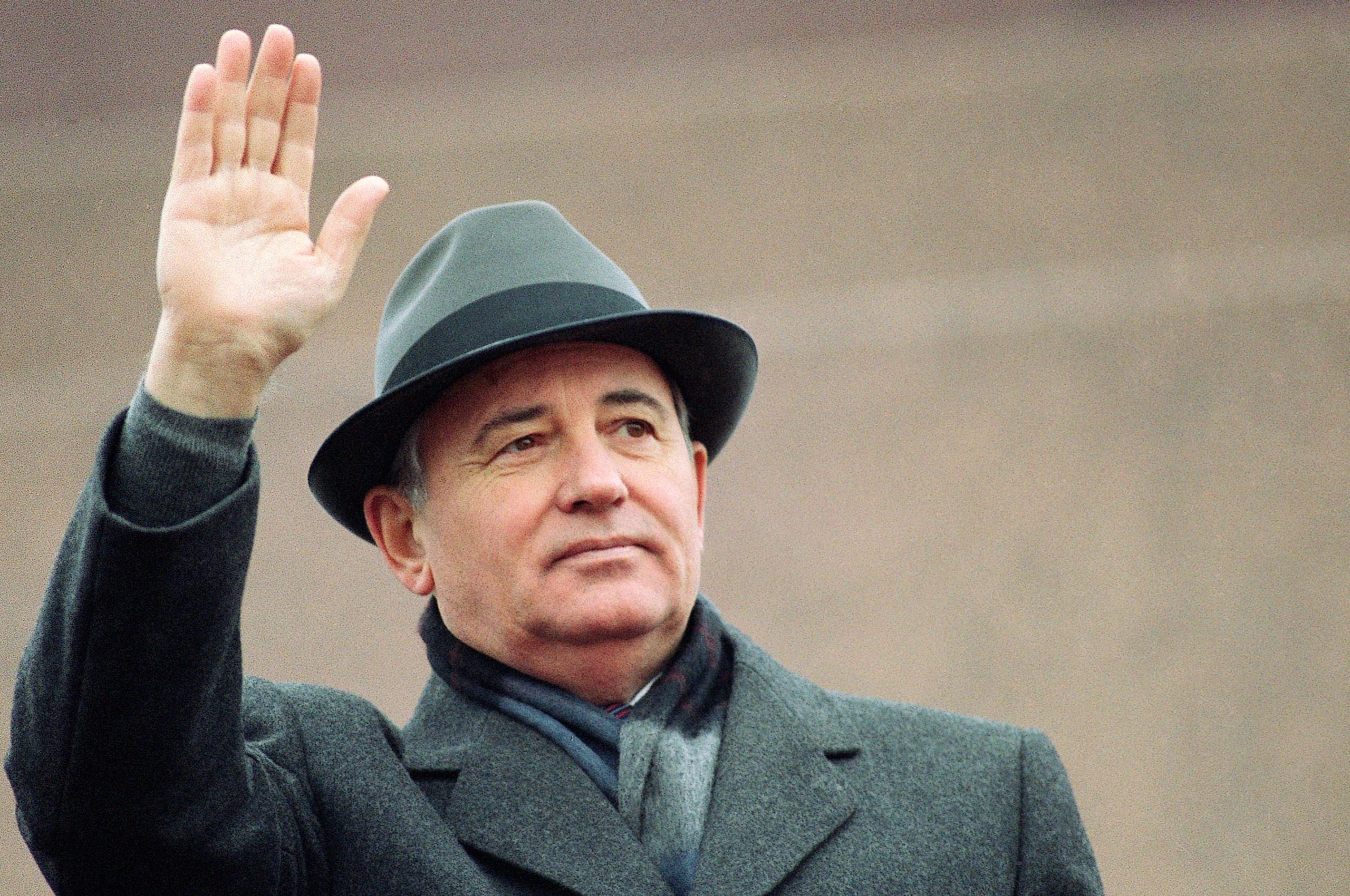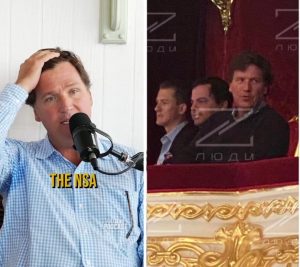Last Soviet Union President Mikhail Gorbachev died Tuesday. He was 91.
The Central Clinical Hospital said in a statement that Gorbachev died after a long illness. No other details were given.
Kremlin spokesman Dmitry Peskov said in a statement carried by Russian news agencies that Russian President Vladimir Putin offered deep condolences over Gorbachev’s death and would send an official telegram to Gorbachev’s family in the morning.
Also Read: Elon Musk warns mass extinction: How true is billionaire’s prediction?
Gorbachev was Soviet Union’s President from March 1990 to December 1991. The communist state collapsed after he resigned.
Though in power less than seven years, Gorbachev unleashed a breathtaking series of changes. But they quickly overtook him and resulted in the collapse of the authoritarian Soviet state, the freeing of Eastern European nations from Russian domination and the end of decades of East-West nuclear confrontation.
How did Mikhail Gorbachev help in ending the Cold War?
The Cold War was a period of geopolitical tension between the United States and the Soviet Union and their respective allies, the Western Bloc and the Eastern Bloc.
The Soviet Union then consisted of 15 European republics. The Cold War, which started after the end of the second World War, came to an end when the Union collapsed in 1991.
Also read: Donald Trump never had ‘realistic goals’ for Artemis: NASA chief Bill Nelson
Mikhail Gorbachev did not call for an immediate end of the tensions, collapse of the Soviet Union, but his humanitarian reforms contributed in the demise.
When the 91-year-old first came to power in 1985, he introduce several reforms to overcome the Soviet Union’s economic stagnation. He was not able to solve the problem.
Gorbachev then launched perestroika, which means restructuring. The political movement called for independent actions from various ministries and introduced many market-like reforms. Its goal was to make socialism work more efficiently. The President wanted elements of liberal economics adopted in the state.
When bureaucrats thwarted his orders, he used glasnost, or open discussion and democratisation. Open trials were held. Gorbachev encouraged popular scrutiny and criticism of leaders, as well as a certain level of exposure by the mass media.
Gorbachev called his foreign policy ‘new thinking’. He said that security was a game from which all could benefit through co-operation. He wanted nations to hold only a minimal number of weapons for protection.
Mikhail Gorbachev believed that Soviet control over an empire in Eastern Europe was costing too much. He said it was providing too little benefit and that the invasion of Afghanistan had been a costly disaster.
East Europeans were handed freedom. Their president refused to sanction the use of force to put down demonstrations. As a result of Gorbachev’s miscalculations and reforms that eventually turned into a revolution, the Berlin Wall was taken down.







